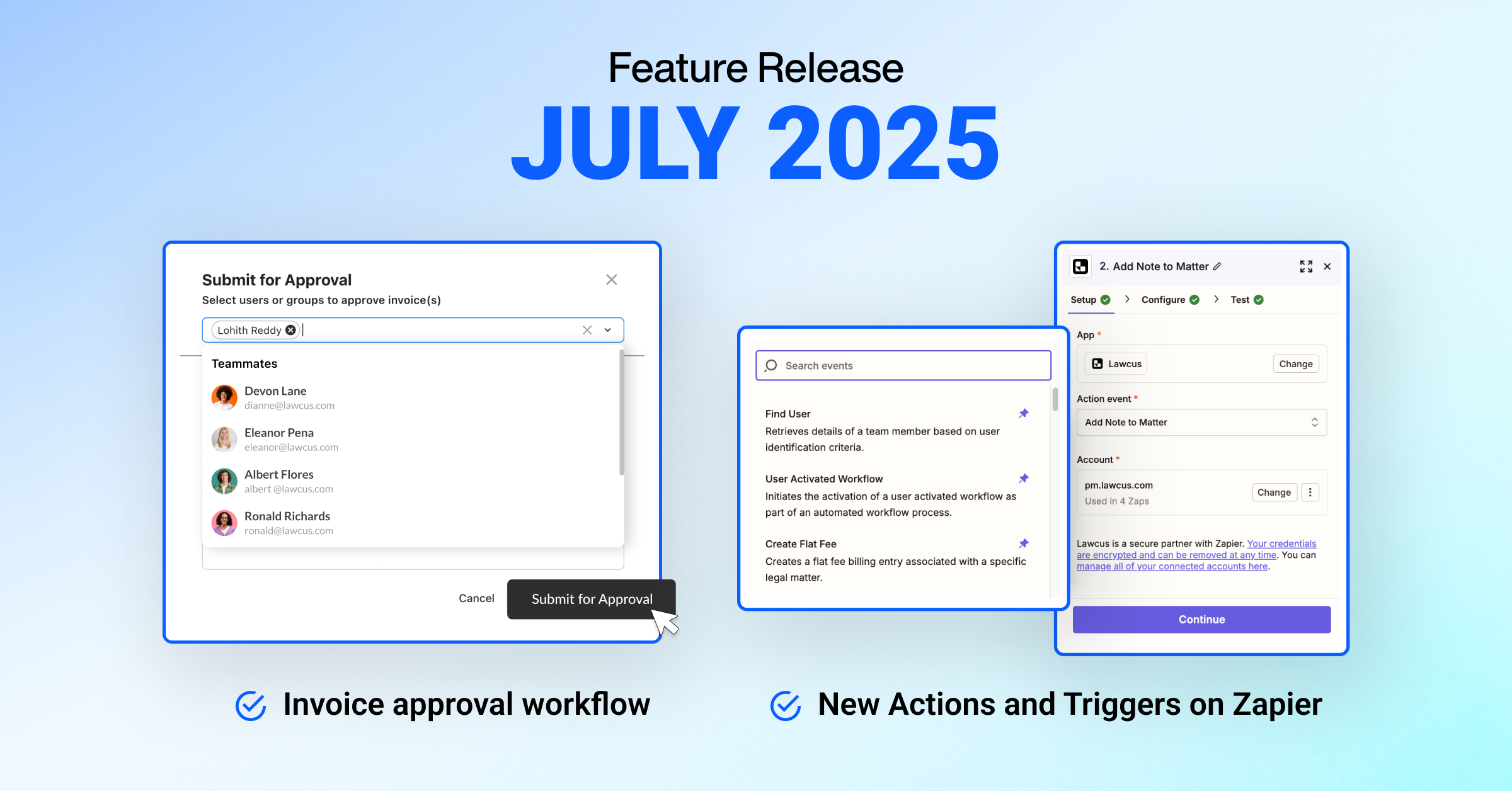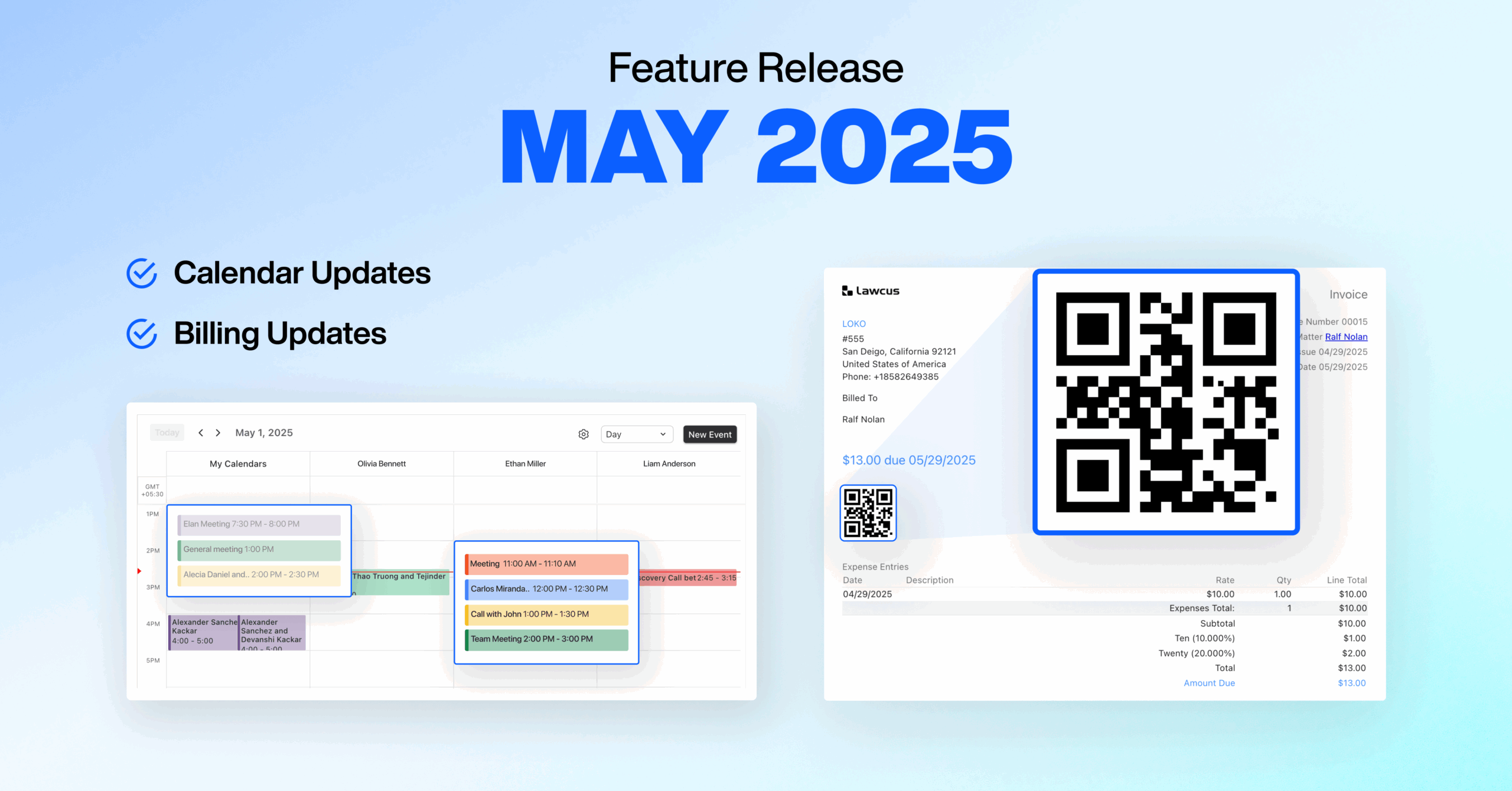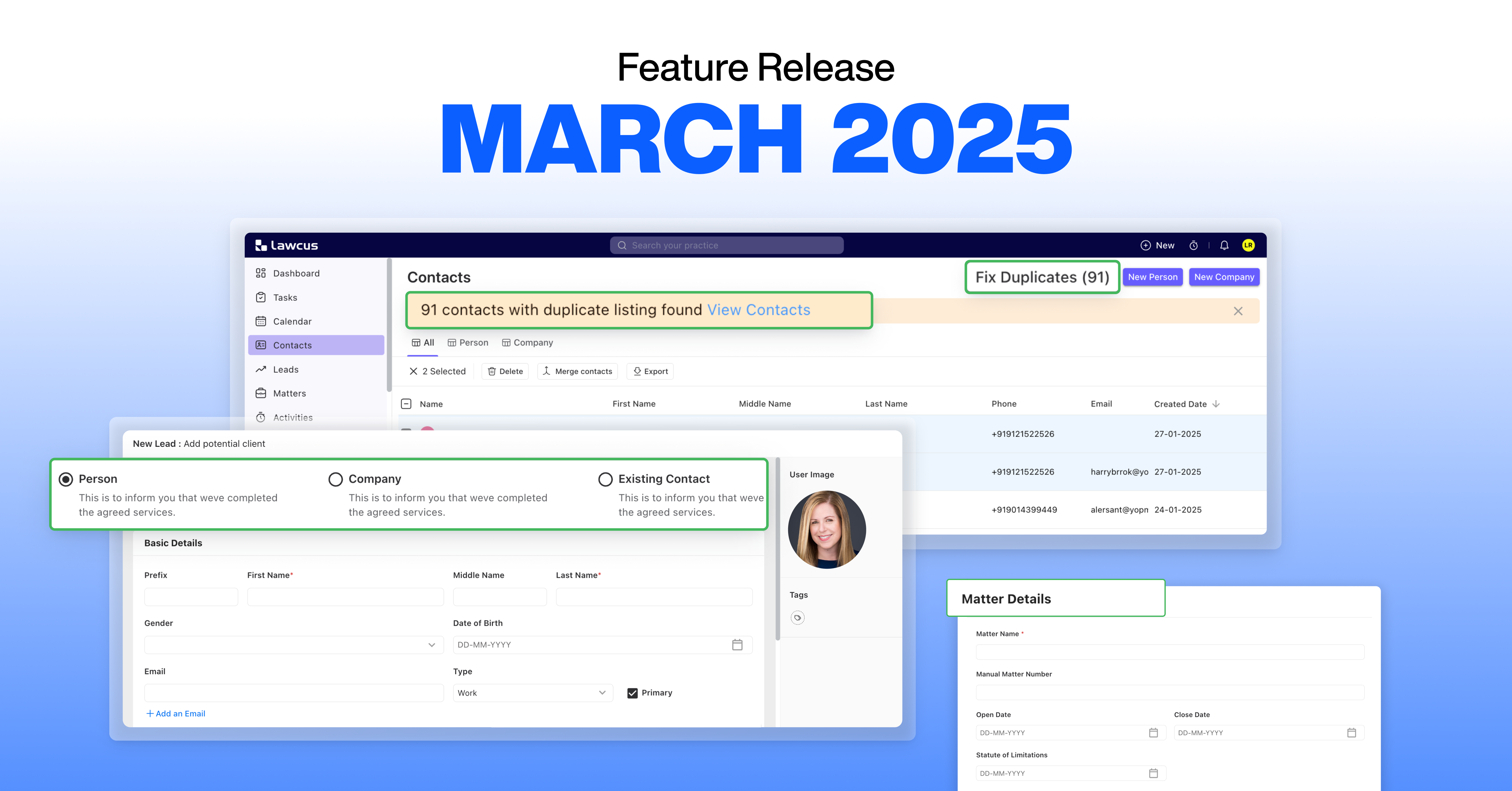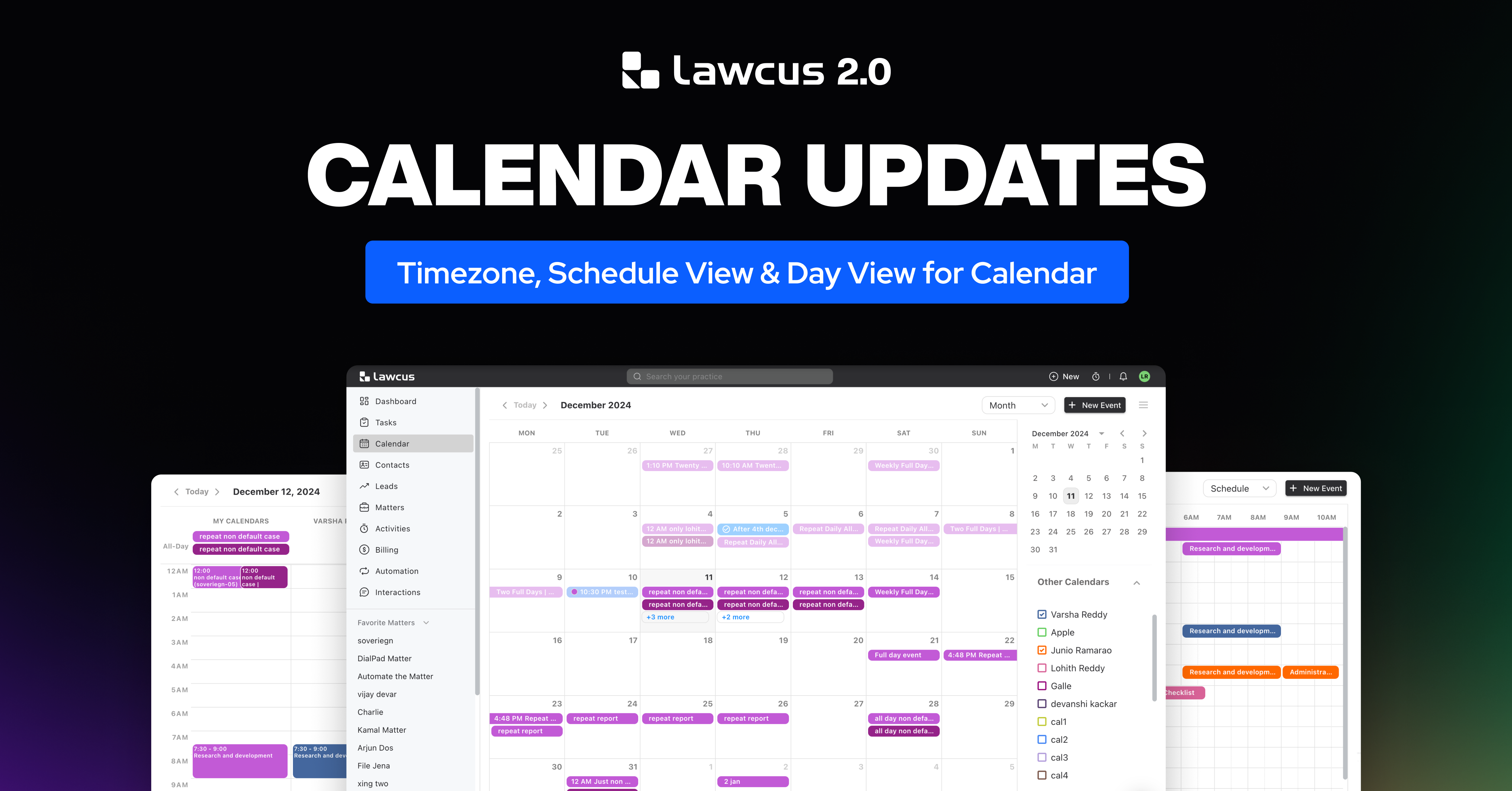Content Marketing for Lawyers: Strategies to Stand Out in the Legal Field
21st September 2023
“According to a study conducted by the American Bar Association, more than 60% of consumers seeking legal services now begin their search online. This shift in consumer behavior highlights the increasing significance of a strong online presence and compelling content marketing for lawyers.”
Content marketing is an essential digital strategy employed by law firms to engage prospective clients effectively. Law firms establish themselves as authoritative experts in their practice areas by creating valuable and relevant legal content, such as blog posts, articles, and videos. This approach builds trust and credibility with potential clients while addressing their specific concerns.
With strategic search engine optimization and targeted distribution, content marketing enhances a law firm’s online visibility, making it easily discoverable by individuals seeking legal assistance. This fact underscores the significant role content marketing plays in nurturing lasting client relationships and showcasing a law firm’s expertise in the dynamic digital landscape.
The Importance of Content Marketing for Lawyers
Having a content marketing strategy is of great importance for law firms for several compelling reasons. First and foremost, it allows law firms to establish and strengthen trust and credibility among their potential clients. By consistently creating valuable, informative, and authoritative content related to their areas of expertise, law firms can demonstrate their knowledge and competence in the legal field.
Furthermore, in today’s digital age, more people are turning to the internet to research and find solutions to their legal problems. A well-planned content marketing strategy enables law firms to tap into this vast online audience. Law firms can improve their search engine rankings by optimizing their content for relevant keywords and topics, making it easier for potential clients to find and access their content. Consequently, this enhanced visibility increases the chances of attracting and connecting with individuals needing legal services.
Another significant advantage of content marketing for law firms is the opportunity to educate the audience. Legal matters can be complex and confusing for the average person, and a content marketing strategy allows law firms to simplify and explain these complexities in a more accessible manner. By providing answers to common legal questions, discussing recent changes in the law, and offering practical advice, law firms can empower their audience to make more informed decisions about their legal issues.
Moreover, content marketing is a means of nurturing relationships with potential clients over time. Not every individual seeking legal information is ready to hire a lawyer immediately. By consistently delivering valuable content, law firms can remain on their audience’s radar, staying top-of-mind when the need for legal representation arises. This approach builds a lasting connection and increases the likelihood of those individuals choosing the law firm they have grown to trust through their content.
Types Of Content And Their Purpose
There are a lot of ways to succeed at content marketing, especially when you consider that there are more than 100 types of content (like infographics, landing pages, tutorials, videos, and more). What do these different kinds of material all have in common? They all have a purpose and are made in a certain way.
Content marketing for lawyers doesn’t just have to involve writing blog posts. In fact, the best way to keep people interested is to try out different kinds of material and see what works best with your audience. Here are a few examples of the types of content you can use to market your practice:
Blog Posts and Articles
One of the most popular types of content marketing is blog posts and articles. They are a great way to share your knowledge and ideas with the people you want to reach. You can write about legal subjects , news in your field, or your own life in general. This is because they are one of the easier ways to show off what you know about a subject related to your field. Most blog posts are written to answer questions like “what,” “why,” and “how.”
Blog posts and articles can also help with SEO, which stands for “search engine optimization.” A well-optimized blog post can make your website look like a good answer to similar questions. With a website that does well on search engines, you can get more leads and increase the number of people who buy from you.
Lawyers can write about legal topics relevant to their practice areas, offer explanations of recent legal developments, provide answers to common legal questions, and offer practical tips and advice. Say that most of the services your law company offers are connected to medical law. The best kind of posts would be ones that answer questions about personal injury cases, medical malpractice, or carelessness. By explaining things to the general public that aren’t common knowledge, you can build trust with your clients and improve the quality of your services.
Videos
Videos are a great way to get people interested and show them who you are. You can use them to discuss legal ideas, share client testimonials, or show how your law company works. Consistent video content can help lawyers build a recognizable brand. Over time, viewers may come to associate your face and voice with your legal practice, making you their go-to choice when they need legal assistance.
Video content is highly shareable on social media platforms. Lawyers can leverage platforms like YouTube, Facebook, and LinkedIn to reach a broader audience and engage with potential clients. Posting videos on platforms like YouTube, Tiktok, Vimeo, or a lawyer’s website can reach a broader audience. Adding subtitles can improve accessibility and SEO. Embedding videos on your website can also enhance user experience and retention.
Videos can include explainer videos, client testimonials, interviews with experts, or even vlogs discussing legal trends and news. The length of a video should match its content and purpose. Short videos (2-5 minutes) tend to perform better for educational content, while in-depth discussions or webinars can be longer.
Some legal topics and processes are easier to explain visually. For instance, estate planning may benefit from visual representations of wills, trusts, and asset distribution. Videos can simplify complex legal matters and make them more understandable to laypeople.
Email Newsletters
Email newsletters are a valuable tool for legal marketing and communication, and they serve several purposes. Lawyers can use platforms like Sendy, Mailchimp, Autopilot or even use a cloud-based legal practice management software for that matter.
Newsletters include links to recent articles, legal news, event invitations, and personalized messages from the lawyer. Newsletters can contain a variety of information, including legal insights, updates on recent legal developments, law firm news, event invitations, and relevant blog articles. They provide a comprehensive overview of what’s happening in the legal world and how it may affect the audience.
For existing clients, newsletters reinforce your relationship by providing ongoing value and demonstrating your commitment to their well-being. This can lead to repeat business and referrals. For potential clients or leads who have shown interest in your services, newsletters can help nurture the relationship over time. By consistently delivering valuable content, you stay top-of-mind when they need legal assistance.
Email Newsletter Best Practices:
Establish a regular schedule for sending newsletters, whether it’s weekly, biweekly, or monthly. Consistency helps build anticipation among subscribers. Over time, subscribers become familiar with your firm’s values, services, and unique selling points. Share valuable, well-researched, and accurate content to maintain subscribers’ trust. Familiarize yourself with your jurisdiction’s email marketing laws and regulations, including data protection and privacy laws. Encourage feedback and engagement from subscribers, such as replies, comments, or social media shares. Respond promptly to inquiries.
Podcasts, Webinars and Live Streams
Webinars, live streams, and podcasts serve as powerful tools for lawyers and law firms to engage, educate, and connect with their audience, with statistics highlighting their effectiveness in generating leads, building trust, and expanding brand recognition in the digital age.
Here’s some information for a more comprehensive explanation:
Webinars
Short for “web seminars,” are live online presentations or workshops offer a unique blend of interactivity and in-depth content. Through webinars, lawyers can establish two-way communication, enabling participants to ask questions, engage in live chat discussions, and participate in polls. This interaction fosters a deeper understanding of complex legal matters and offers practical advice.
Lawyers employ webinars across various scenarios. You can conduct educational webinars to inform the public or clients about legal matters, legislative changes, or specific practice areas. Legal workshops can guide participants through intricate legal processes or offer DIY legal advice. Moreover, webinars can even serve as a platform for initial client consultations, offering a convenient and remote means to seek legal guidance.
Live streams
These broadcasts of real-time video content are particularly popular on social media platforms. Live streams enable lawyers to connect with their audience as events unfold, fostering an immediate and interactive experience. Viewers can comment, ask questions, and react in real-time, allowing lawyers to address inquiries and concerns on the spot. Live streams also enjoy high visibility, reaching a broad audience, especially on platforms like Facebook, YouTube, and Instagram.
Lawyers use live streams in various capacities, such as hosting live Q&A sessions to address legal queries in real-time, providing instant legal updates on breaking news or recent court decisions, and even live streaming events like seminars, conferences, or community outreach activities, extending their reach beyond in-person attendees.
Podcasts
Podcasts cover a broad spectrum of legal topics, offer a distinct advantage due to their accessibility and convenience. Unlike webinars and live streams, podcasts are consumed on-demand, allowing listeners to access content at their convenience. Consistent podcasting can establish lawyers as trusted sources of legal information and authorities in their respective fields. They are highly portable and can be listened to during commutes, workouts, or other activities, providing a convenient way to consume legal content.
Lawyers can leverage podcasts to host episodes that offer expert analysis of legal cases, legislation, or legal trends. They can also conduct interviews with legal experts, clients, or other professionals, providing diverse perspectives on legal matters. Additionally, lawyers can create podcast series that deep-dive into specific practice areas, offering comprehensive legal education to their audience.
Tip: When strategically integrated, these three formats—webinars, live streams, and podcasts—can create synergy and amplify their impact. Lawyers can promote upcoming webinars and live streams through podcasts, increasing attendance and engagement. Furthermore, the content from webinars and live streams can be repurposed into podcast episodes, extending the lifespan of valuable content. Podcast listeners can be encouraged to attend webinars or participate in live streams, fostering a sense of community and loyalty.
Case Studies and Testimonials
Case Studies:
Case studies are powerful tools in a lawyer’s or law firm’s marketing arsenal, supported by compelling statistics. One noteworthy statistic from Content Marketing Institute highlights the effectiveness of case studies in content marketing. It reveals that 73% of marketers use case studies to generate high-quality leads, underscoring their significance in the legal marketing landscape.
The structure of a typical case study encompasses several key elements. It starts with a client profile, offering insights into the client’s background, legal challenges, and objectives. Subsequently, it delves into the intricacies of the legal challenge, elucidating the complexities involved.
The benefits of case studies are multifaceted and substantiated by data. Case studies are relatable to potential clients, as evidenced by a survey indicating that 67% of individuals are more willing to engage with brands after watching a webinar or case study presentation. This relatability transforms legal victories into captivating stories, making them more engaging and relatable to readers.
Case studies have versatile applications:
- Case studies are ideal for law firm websites, particularly in dedicated case study sections.
- They can be shared on social media, email newsletters, or legal publications to showcase expertise.
- Case studies can be valuable for presentations or pitches to potential clients, demonstrating real-world success stories.
Testimonials:
Testimonials, backed by persuasive statistics, are pivotal in establishing trust and credibility in legal marketing. Testimonials add a personal touch to legal marketing, humanizing the lawyer-client relationship and making it more relatable.
The benefits of testimonials are profound and supported by compelling data. Positive testimonials serve as digital word-of-mouth recommendations, influencing the decision-making process of potential clients. Beyond mere validation, testimonials connect with potential clients emotionally, making them more inclined to seek legal assistance. Additionally, a study from Spiegel Research Center found that displaying reviews can increase conversion rates by 270%.
Testimonials can be strategically incorporated into a lawyer’s marketing materials, including brochures, flyers, and business cards, and can be prominently featured on the firm’s website, often on the homepage or a dedicated testimonials page. Moreover, leveraging testimonials in email signatures is another effective strategy to consistently reinforce trust when communicating with clients and prospects.
Tips and Best Practices
- Testimonials can be prominently featured on a lawyer’s website, often on the homepage or dedicated testimonials page.
- They can be used in marketing materials, including brochures, flyers, and business cards.
- Incorporate testimonials in email signatures to consistently reinforce trust when communicating with clients and prospects.


 Gmail
Gmail Microsoft 365
Microsoft 365 LawBrokr
LawBrokr Dropbox
Dropbox LawPay
LawPay VXT
VXT











